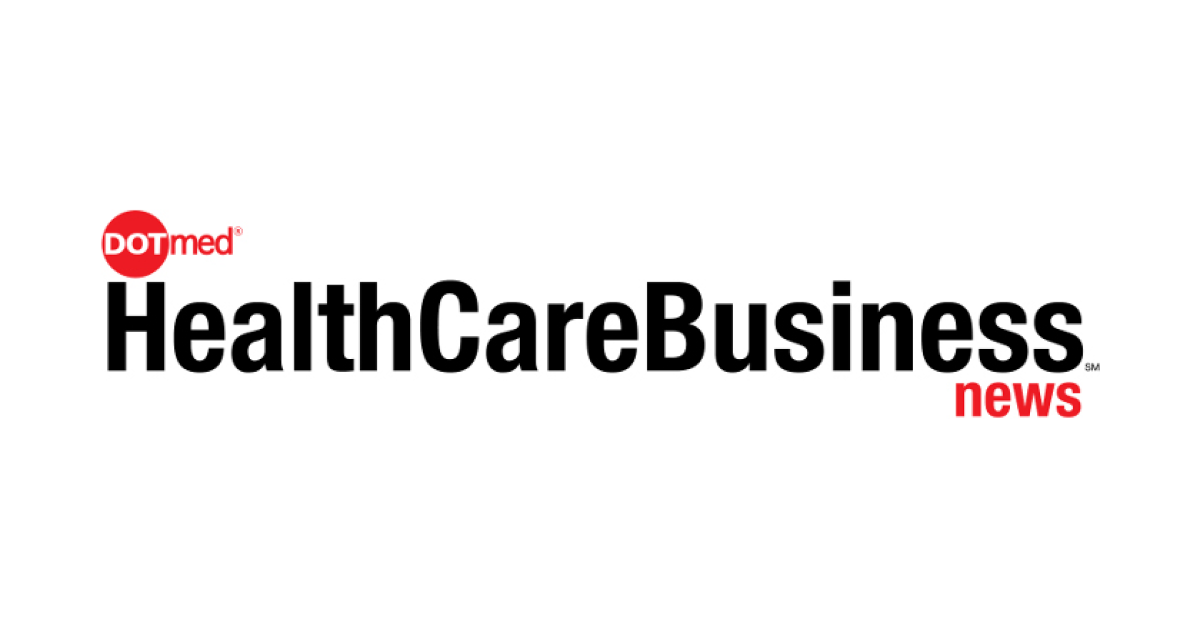Unlocking equitable healthcare: Harnessing AI-powered prior authorization
Published:
May 14, 2024

Adequate access to healthcare remains out of reach for many Americans. Despite progress, underserved communities continue to face significant barriers to quality care, often leading to poorer health outcomes. America has a significant uninsured population–roughly 10% of the population lacks health insurance–often leading to difficulty in finding a primary care physician and affording necessary medical care.
This disparity, rooted in social and economic factors as much as medical access, demands a critical examination of America’s current state of health equity. To spotlight these barriers and make a call for change, The Centers for Medicare & Medicaid Services (CMS) has taken steps to address health disparities by prioritizing health equity.
A stark contrast in outcomes is observed between communities where equity thrives and those in which it’s sorely lacking. This observation has fueled a commitment to advancing health equity and ensuring patients receive the care they need and deserve regardless of socioeconomic status. To truly grasp the importance of health equity, the industry must confront the challenges inherent in achieving it.
Drivers of social and economic health inequities
The circumstances of where we live, learn, work, and play have a profound impact on our health. These factors are known as social determinants of health (SDOH). In America, these determinants are unfairly distributed, like access to education, healthy food, quality housing, and exposure to environmental hazards. These disparities lead to health inequities, wherein specific populations experience poorer health outcomes despite having the same biological makeup. Addressing these social determinants is crucial to creating a healthcare system where everyone has an equal opportunity to live a long and healthy life.
SDOH data is a critical part of bridging this gap. Unfortunately, a lack of SDOH data documentation limits the ability to effectively address some of our underserved communities’ specific needs. However, AI-powered or “intelligent” prior authorization offers an encouraging and exciting opportunity: promoting health equity.
Written by

Brian
Covino, M.D., FAAOS
Dr. Brian Covino oversees more than 50 physicians as Cohere Health’s Chief Medical Officer. After practicing orthopedic surgery for more than 25 years, Dr. Covino joined Cohere in 2020 after having served as a consultant since 2018. During his years as a practicing surgeon, Dr. Covino was a partner at Knoxville Orthopaedic Clinic/OrthoTennessee specializing in joint replacement surgery. He holds a bachelor’s from Harvard University as well as an M.D. from Georgetown University School of Medicine. Dr. Covino received his surgical training at the University of Virginia Graduate School of Medical Education and completed a fellowship at The Cleveland Clinic Foundation.
Stay ahead with expert insights on transforming utilization management and payment integrity—delivered straight to your inbox.



